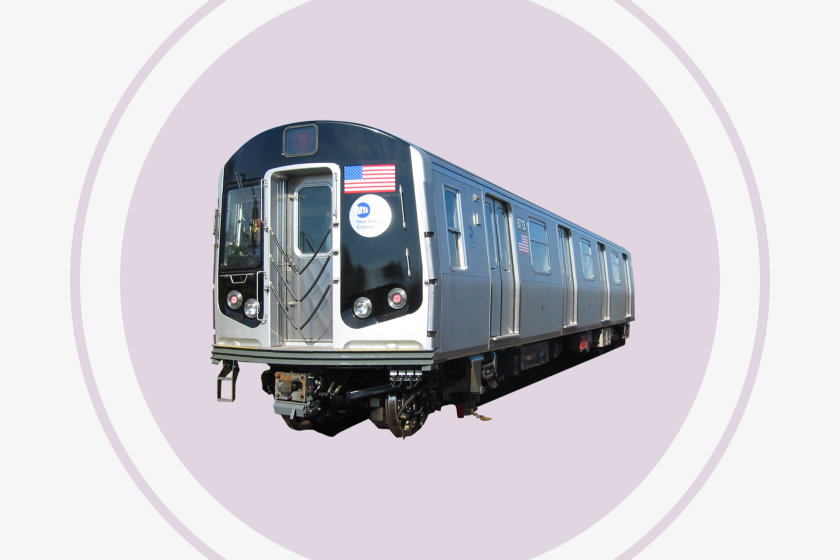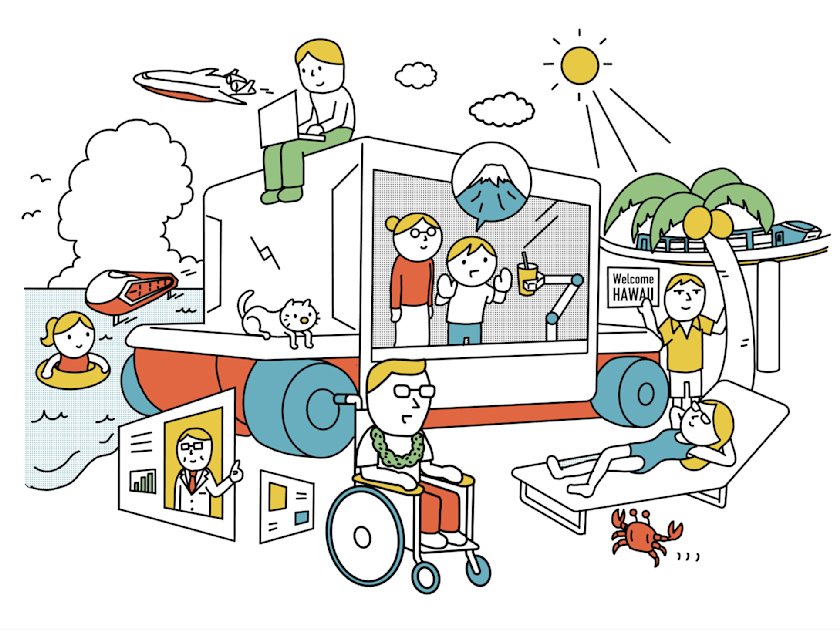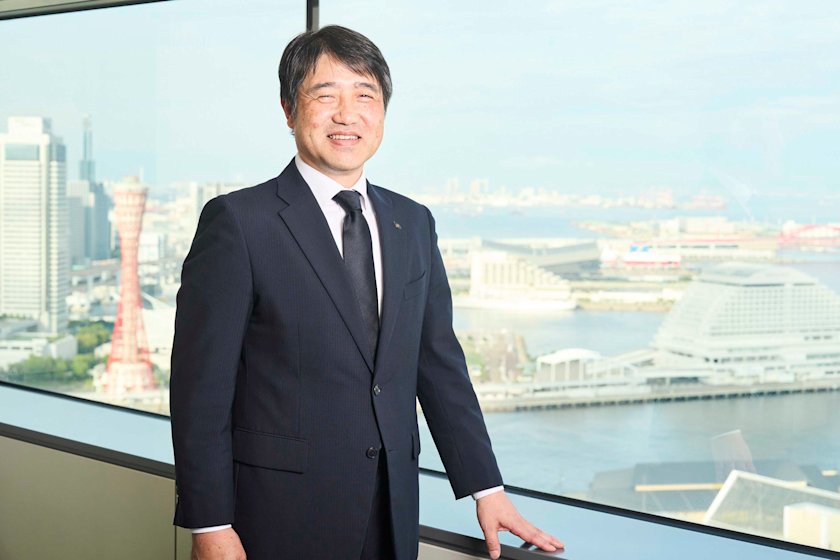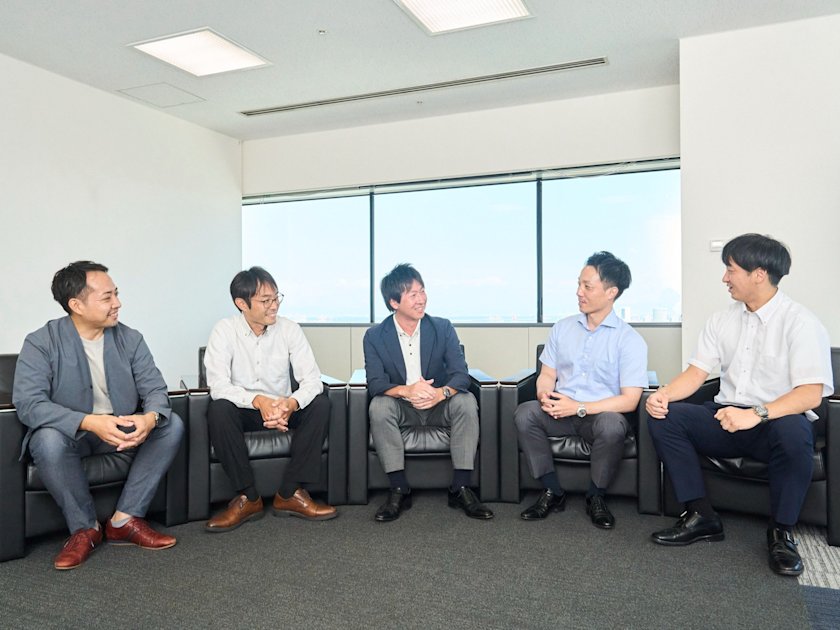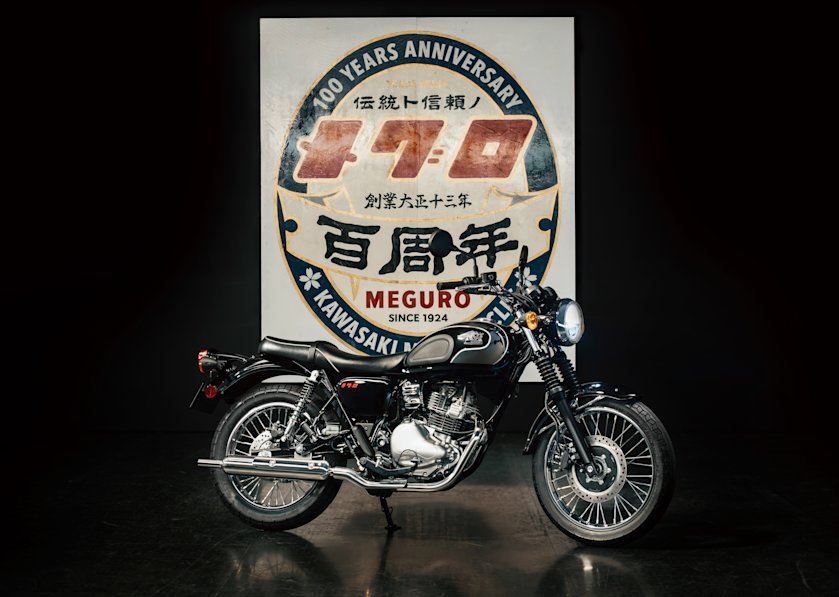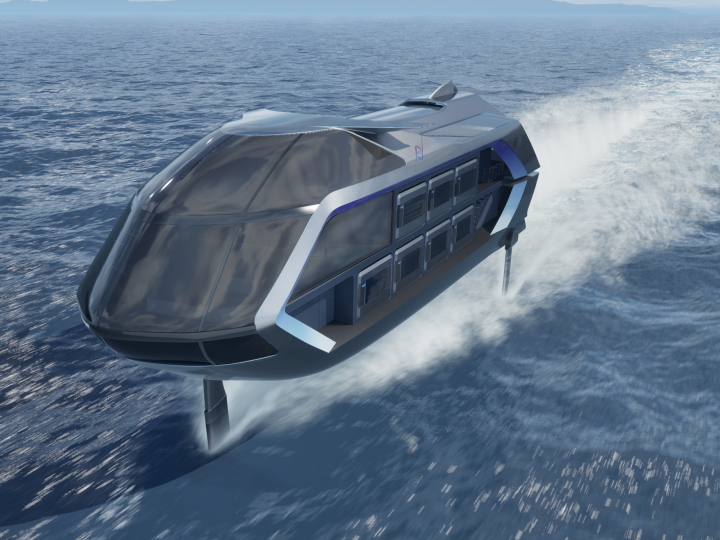Major US cities tap Kawasaki for greener cars with more carrying power.
325 cars of R62 ordered from NYCT

The first to adopt a stainless steel car body structure built with flat outer panels. It also introduced innovations in manufacturing technique, including inverted installation of underfloor and ceiling fittings.
NYCT:New York City Transit Authority
400 cars of R142A ordered from NYCT

The R142A has introduced major technological innovations in electronics, including computer controls to streamline operation and maintenance, and a train control and monitoring system based on touch screen messages. In 2002,Kawasaki became the first Japanese company to earn the Best Paper Award for its crash safety performance study of the R142A.
260 cars of R160
ordered from NYCT
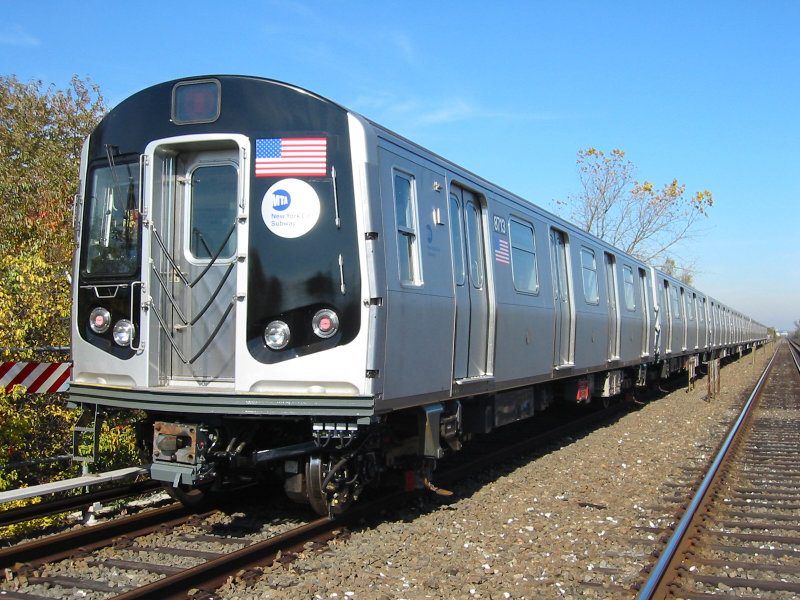
A joint project with Alstom. Kawasaki provided the bogies for the 1,002 cars manufactured by Alstom, and was responsible for the overall design as the project’s engineering leader. The R160 was contractually required to travel at least 100,000 miles (approximately 161,000 km) without malfunction; Kawasaki-made trains went 1,600,000 miles without a glitch.
First Series 7000 subway train delivered to WMATA

A new model. First stainless steel trains in the WMATA’s fleet. Features state-of-the-art systems, including monitors for displaying digital content, CCTV cameras, and a communications network, that offer dramatically improved safety, reliability, and comfort.
WMATA:Washington Metropolitan Area Transit Authority
As Japan’s leading manufacturer of rolling stock, Kawasaki entered the US market in 1979, when it received an order for streetcars from Philadelphia. In 1982, it received an order for a total of 325 R62 cars from the New York City Transit Authority (NYCT), which marked the start of its full-scale rolling stock operation in the US. The R62, featuring a stainless steel car body and a rounded design for the lead car, completely changed the image of a subway car.
It played no small role in improving the image of New York’s subway as being clean and safe.Kawasaki built trust by keeping to the schedule, maintaining high quality, and providing thorough after-sales services. One of the advantages the R62 offered was its extremely low malfunction rate. The NYCT officials were stunned when the R62 covered 10 times the minimum travel distance specified in the contract without a single glitch.
Kawasaki went on to receive orders from Boston, Long Island, Washington, and other major transit authorities in the US. By around 2018, more than half of the fleet owned by the Washington Metropolitan Area Transit Authority (WMATA) will be Kawasaki-made.Kawasaki’s business activities are deeply rooted in local communities. It has a rolling stock manufacturing plant in New York and Nebraska.
In 2002, Kawasaki became the first Japanese company to receive the Best Paper Award given by the American Society of Mechanical Engineers and the Institute of Electrical and Electronics Engineers, for its study on the crash safety performance of the R142A subway car.
Kawasaki’s success in the US has led to large-scale orders from Taiwan, Singapore and other countries. Kawasaki is steadily moving forward to achieve its goal upheld in the Kawasaki Business Vision 2020—to join in the ranks of the world’s foremost rolling stock system manufacturers.
